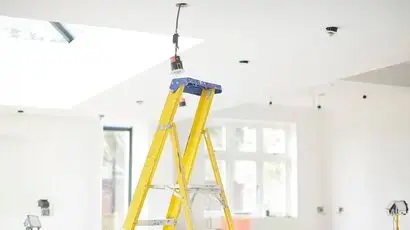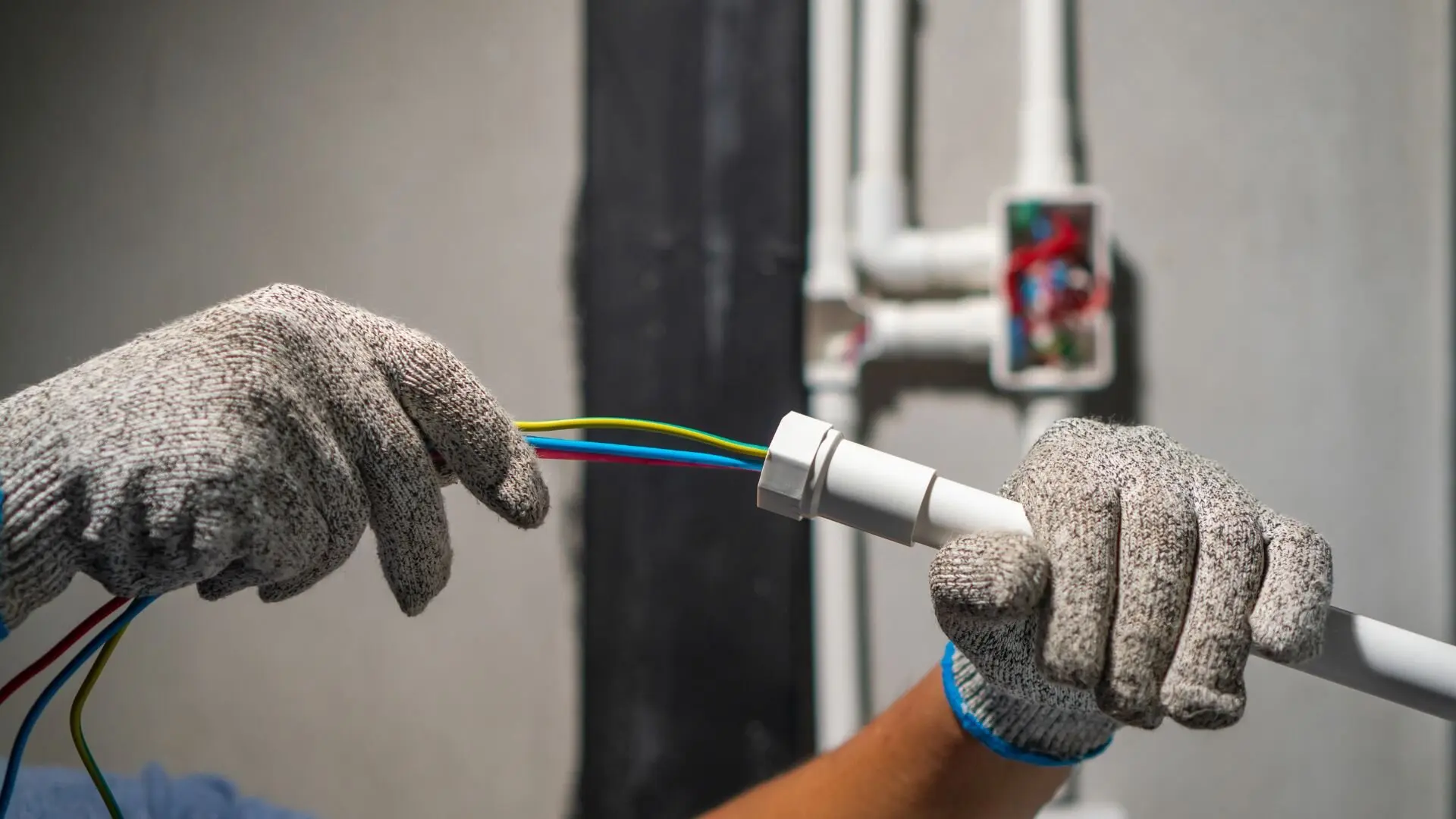
Get your free Melbourne Electrician quote today!
Our team of Melbourne Electricians is here to help you with any questions or concerns you may have. We’re committed to providing you with the best possible service and support.
Ensure your home’s electrical safety by learning to identify common house wiring issues. From flickering lights to sparking outlets, our guide covers the warning signs and provides a systematic approach to diagnosing problems. Discover essential safety precautions and when to call a professional electrician for expert assistance.
Have you noticed anything odd with your lights or appliances? Spotting common electrical issues is vital for keeping your home both safe and functional. Problems like flickering or dimming lights, frequent trips of circuit breakers, and strange burning smells aren’t just annoying; they can also pose significant risks,
including potential electrical fires.
Being aware of the signs of faulty electrical wiring is key to keeping your home safe. Say, for example, your lights flicker when you’re using multiple appliances. This might mean your circuit’s overloaded or perhaps your electrical system needs an upgrade. Additionally, old or outdated wiring—common in older homes—can wear out, raising the risk of electrical hiccups.
It’s crucial to regularly inspect your power outlets and switches for any signs of wear or damage. Loose connections can result in short circuits, which are a common cause of household electrical issues. If you notice any warning signs, switch off the power at the main switchboard and contact a licensed electrician without delay. Doing so keeps you safe and helps
maintain your home’s electrical system.
Addressing these issues promptly can prevent additional damage and keep your electrical system reliable and safe. Remember, having a professional conduct regular check-ups can catch hidden problems, ensuring your home runs smoothly and safely.
Signs of Electrical Wiring Problems
Your home’s electrical wiring is a complex network that powers everything from the smallest light bulb to the largest appliances. As with any essential system, it can develop issues that disrupt daily life and pose safety risks.
Recognising the signs of electrical wiring issues is vital to maintaining your home’s safety and efficiency.
Below are some common indicators suggesting there could be something wrong with your home’s wiring.

Check your wiring and connections for any apparent signs of wear or damage. If you discover something wrong with your electrical wiring, it’s time to call professional electrical services. Remember, experts should only handle specific tasks, especially when dealing with common electrical faults or when you find out the issue involves complex parts of your system.
Electrical services are on call 24/7 to help with any issues. Bringing in the professionals ensures your safety and shields your home from risks tied to mishandling electrical components. Always play it safe and reach out for help if the problem’s too tricky for a DIY solution.
Safeguard Your Home, Secure Your Peace of Mind
Identifying common house wiring issues is crucial for maintaining a safe and functional living space. Recognising these warning signs can significantly protect your home from disasters, whether it’s frequent circuit breaker trips, flickering lights, or even more serious signs like short circuits.
Electrical issues can quickly escalate into bigger problems, so taking prompt action is essential. If you encounter any problems, addressing them immediately can help prevent further damage or hazardous conditions.
Remember,
while some troubleshooting steps can be performed safely, certain situations require professional expertise. If you’re ever in doubt about the severity of an electrical issue or if it involves complex system components, seeking professional help is the safest choice.
For expert assistance with your house wiring issues, consider
contacting WP Electrical. Our team is equipped to handle the most common and intricate electrical challenges your home might face.
Contact us to ensure your wiring system is in the best possible condition, safeguarding your home and family.
